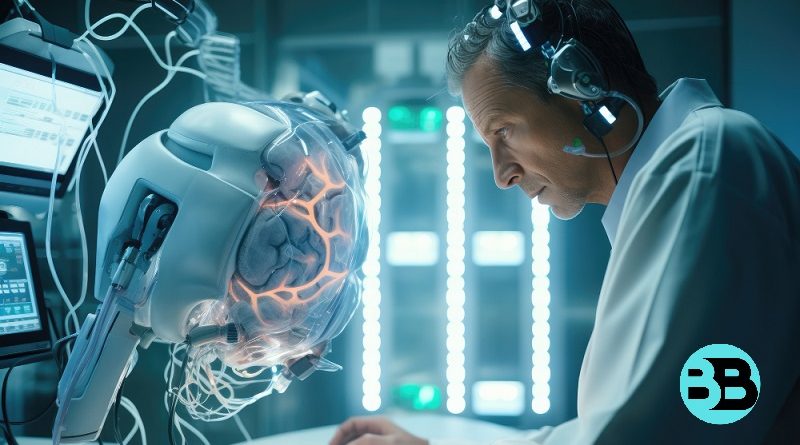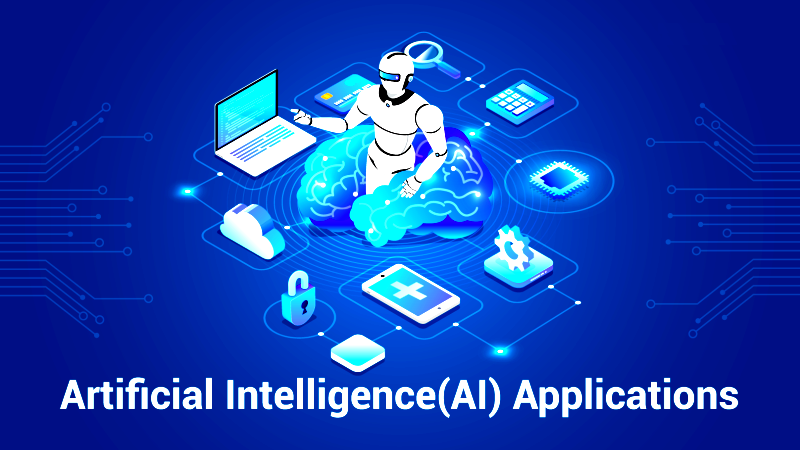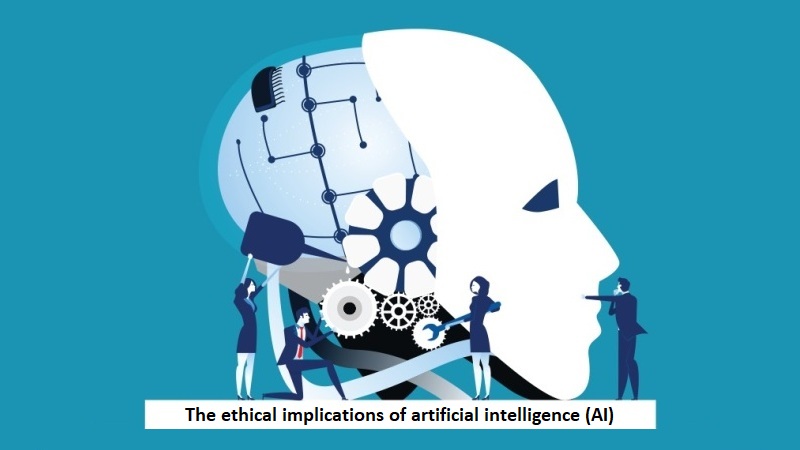The Impact of Artificial Intelligence on Healthcare
Artificial intelligence (AI) has emerged as a revolutionary force in healthcare, promising to transform the industry in profound ways. From diagnosing diseases to streamlining administrative tasks, AI holds the potential to improve patient outcomes, increase efficiency, and reduce costs. Let’s delve into the various ways AI is making an impact on healthcare.
1. Diagnostics and Imaging:
AI-powered algorithms are enhancing diagnostic accuracy by analyzing medical images such as X-rays, MRIs, and CT scans. These algorithms can detect anomalies and patterns that might be missed by human eyes, aiding in early disease detection and treatment planning.
2. Personalized Treatment Plans:
By analyzing vast amounts of patient data, including genetic information and medical histories, AI can assist in creating personalized treatment plans. This tailored approach to healthcare ensures that patients receive treatments that are most effective for their specific conditions, leading to better outcomes and fewer adverse reactions.
3. Predictive Analytics:
AI algorithms can predict potential health issues before they arise by analyzing patient data and identifying risk factors. This enables healthcare providers to intervene proactively, preventing diseases and complications and promoting overall wellness.
4. Administrative Efficiency:
AI-powered tools streamline administrative tasks such as scheduling appointments, billing, and managing electronic health records (EHRs). By automating these processes, healthcare professionals can devote more time to patient care, improving overall efficiency and reducing administrative costs.
5. Virtual Health Assistants:
Virtual health assistants powered by AI are becoming increasingly popular, providing patients with personalized health advice, medication reminders, and symptom tracking. These virtual assistants can also triage patients, helping them determine whether they need urgent medical attention or can manage their symptoms at home.
6. Drug Discovery and Development:
AI accelerates the drug discovery process by analyzing vast datasets and identifying potential drug candidates more efficiently. By predicting how different compounds will interact with biological systems, AI helps researchers prioritize promising leads, ultimately expediting the development of new treatments.
7. Remote Monitoring:
AI-enabled devices and wearables allow for continuous remote monitoring of patients’ vital signs and health metrics. This real-time data can alert healthcare providers to potential issues and enable early intervention, particularly for patients with chronic conditions.
Conclusion:: The integration of artificial intelligence into healthcare is revolutionizing the industry, offering unprecedented opportunities to improve patient care, enhance diagnostic accuracy, and streamline administrative processes. As AI continues to evolve, its impact on healthcare is poised to grow, ushering in a new era of personalized, efficient, and effective medical treatment.
Read also:
The potential for artificial intelligence in healthcare




